The 2022 Law on Intellectual Property is currently the most basic and comprehensive legal framework regulating copyright issues in Vietnam. This law not only sets out the principles of protection for different types of creative works, but also establishes a specific legal mechanism to ensure effective enforcement of copyright in the context of modern society. In particular, recent amendments have shown increasing attention to issues arising from the digital environment, such as the acts of copying, transmitting and exploiting works via the Internet and other digital platforms.
In addition to the Law on Intellectual Property, the system of sub-law documents such as Government decrees and guiding circulars also plays an important role in specifying and guiding the implementation of copyright regulations, creating conditions for consistent application in practice. For example, Decree No. 17/2023/ND-CP details the implementation of the Law on Intellectual Property on copyright and related rights, clarifies the types of protection, and clearly states the excluded subjects to suit the new technological context.
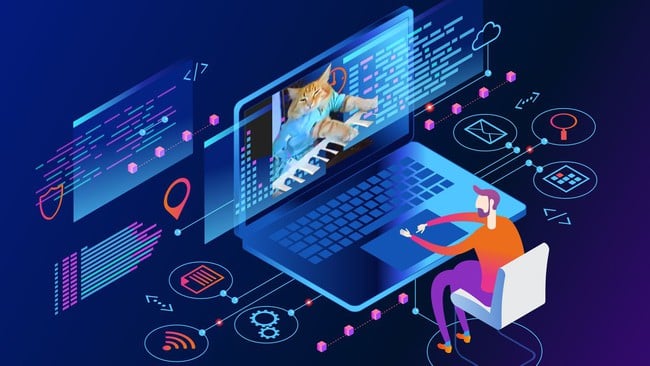
Vietnam's legal system on copyright is built on the basis of absorbing the universal principles of international law, while reflecting the political , economic and cultural characteristics of the country. Vietnam is a member of many important international treaties such as the Berne Convention and the TRIPS Agreement, thereby internalizing international standards on copyright protection.
Works protected by copyright in Vietnam include creative products in the fields of literature, art, and science expressed in a certain material form: written works, journalistic works, music , theater, cinema, fine arts, photography, architecture, maps, computer programs, data sets, and even folk literary and artistic works. Copyright is divided into personal rights and property rights. Personal rights are attached to the author, protecting the spiritual connection between the author and the work, including the right to name, title, publish, and protect the integrity of the work. Property rights allow the author or owner to control the commercial exploitation of the work, from copying, distributing, performing, to renting copies of the work.
In the digital environment, the right to communicate works to the public, especially the "right to make available", is increasingly important. The act of uploading, sharing or broadcasting works on social networking platforms without permission is a clear violation of property rights. To effectively protect, Vietnam has specified violations in cyberspace, and at the same time encouraged the application of technological measures such as digital rights management, watermarking, and encryption to protect works.
The term of protection for personal rights is indefinite, property rights are protected throughout the author's life and 50 years after the author's death; for works owned by an organization or anonymously, it is 75 years from the date of first publication. This is the basis for balancing the legitimate interests of the rights holder and the right to access knowledge and common culture of society.
Copyright infringement in the digital environment is increasingly diverse, sophisticated and difficult to detect. Movies and music are widely distributed on pirated websites; sports and entertainment programs are streamed online without permission; images, sounds, and excerpts of works are copied, edited or resold as digital files. With one click, pirated copies can spread widely and are difficult to detect. Modern editing tools help violators conceal their actions and bypass censorship filters. Servers located abroad, personal livestreams, and video sharing platforms make copyright infringement cross-border and difficult to control.
Identifying and prosecuting violators on the Internet is also a difficult problem. Violators use fake IP addresses, intermediate servers, and virtual private networks to hide their identities, making it difficult to track. Servers are often located abroad, requiring complex international judicial assistance mechanisms that take time and resources. Intellectual property protection agencies lack modern technical tools and human resources that understand both law and technology, reducing deterrence effectiveness.
The emergence of artificial intelligence (AI) raises questions about copyright for works created by AI. Current law only recognizes human authors, and there is no mechanism for this new type of creativity. Some views argue that the AI operator, the owner of the AI software, or the AI itself is the author. However, this determination remains controversial and requires further legal research to balance the protection of human creativity and the promotion of technological innovation.
In addition, there is still a lack of synchronization between the Intellectual Property Law and related laws such as the Law on Information Technology, the Law on Electronic Transactions, the Law on Network Information Security, and the Law on Personal Data Protection. Inter-sectoral coordination mechanisms are not effective, leading to overlapping jurisdiction and inconsistent handling.
Faced with that challenge, Vietnam has been making remarkable progress in perfecting the legal framework on copyright to adapt to the digital technology context. The National Assembly's approval of the Law amending and supplementing a number of articles of the Law on Intellectual Property in 2022 is an important milestone, in which for the first time many concepts related to the digital environment are officially recognized and regulated. In addition, state management agencies have actively implemented propaganda programs, raised awareness, strengthened international cooperation and applied technology to manage and monitor the use of works in cyberspace. In the context of deep international integration and the continuous development of science and technology, continuing to improve the effectiveness of copyright protection in the digital environment is not only an inevitable legal requirement, but also a driving force to encourage innovation, develop the digital content industry and protect the legitimate interests of authors, organizations and individuals in the knowledge economy.
Vietnam is perfecting a synchronous legal mechanism to protect copyright in the online environment, including administrative and criminal sanctions, technological measures, self-protection mechanisms of rights holders and international cooperation.
Administrative sanctions are applied to acts of copyright infringement on the Internet, ranging from warnings, fines to requests to remove infringing content. Criminal sanctions are applied to serious, organized, commercial acts, with fines ranging from fines to non-custodial reform or imprisonment from 6 months to 3 years. Commercial legal entities that violate may also be subject to criminal prosecution, especially for websites that distribute pirated movies, software, and e-books.
Technological measures include watermarking, encryption, and digital rights management, which help rights holders protect their works. The "notice & takedown" mechanism is voluntarily applied by online platforms, supporting the quick handling of infringing content.
Raising social awareness, especially among young people and digital content creators, is a key factor in forming a culture of respecting intellectual property rights. Vietnam also continues to implement international cooperation, participating in CPTPP, EVFTA, WIPO agreements to apply global standards, improve cross-border violation handling mechanisms, thereby building a safe and transparent digital environment, promoting sustainable innovation and developing the digital content industry.
Source: https://bvhttdl.gov.vn/tang-cuong-bao-ho-quyen-tac-gia-trong-moi-truong-so-2025110713580628.htm







![[Photo] Da Nang: Hundreds of people join hands to clean up a vital tourist route after storm No. 13](https://vphoto.vietnam.vn/thumb/1200x675/vietnam/resource/IMAGE/2025/11/07/1762491638903_image-3-1353-jpg.webp)
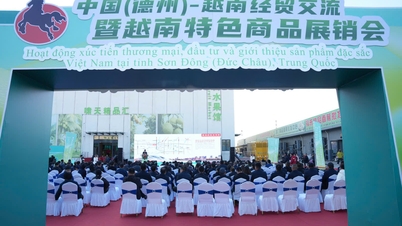

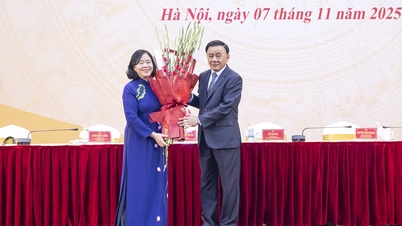



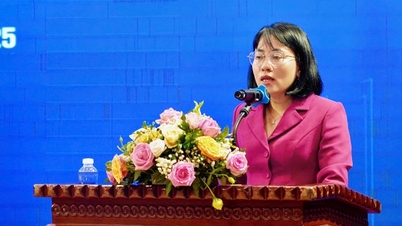

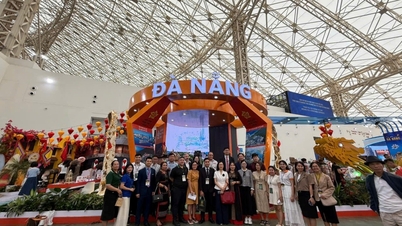





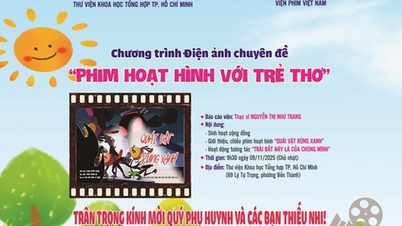
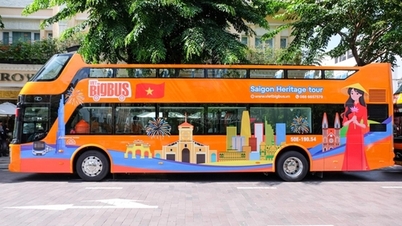
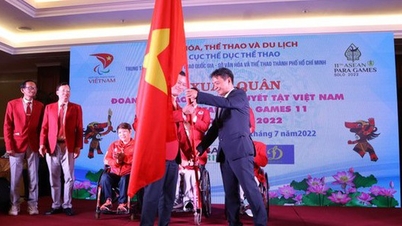
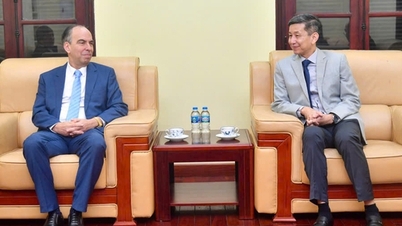









































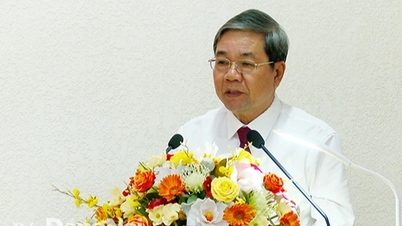
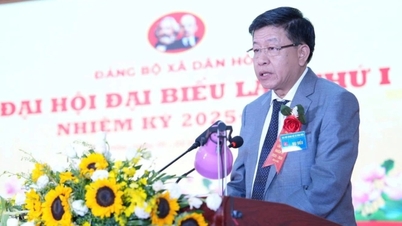




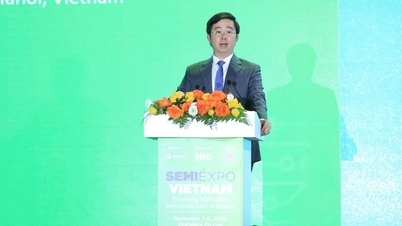


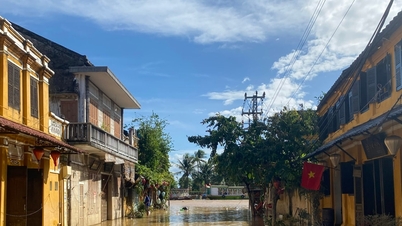






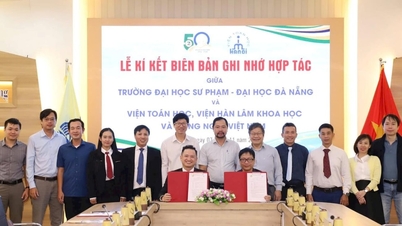












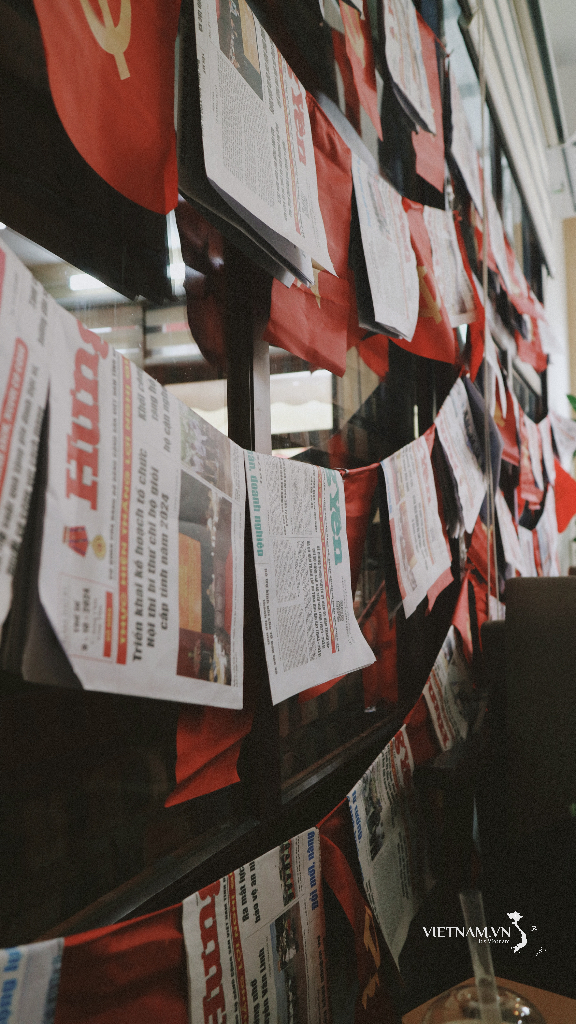

Comment (0)